We traveled to Malawi for two weeks in May and—I know this is an unorthodox thing to report—we didn’t see any gay people. Not one couple. It hit me in an airport on the way back when we saw a guy wearing a gay pride shirt, caressing another man. It was eye opening and thought provoking. How could there be no gay people in Malawi but so many in the United States?
Malawi has a population of 20 million people. We lived in the capital city for three years and traveled to and from the village, yet we never saw a hint of homosexuality. What are the chances no one there is gay? I would venture to say about zero percent. Of course there are gay people in Malawi. They’re obviously just being careful to not out themselves. Maybe that’s because it’s been illegal since 1891. In fact, half of the countries where it’s still illegal are somewhere in Africa. People who don’t want to go to jail—or worse—need to fit in, so they pretend. We do some of that in our culture too.
I’m pretty sure a guy I dated in high school found out he was gay the moment he kissed me. We decided to “just be friends” right after that awkward smooch, and he never had another girlfriend after me. I liked to believe it was because I was a hard act to follow, but I was actually just the first and last unlucky girl to repulse him. He was always a bit melancholy and struggled with depression. Then in college he got a boyfriend and was like a new person. It was obvious that his love life was finally aligned with his heart, but things were still not easy for the happy couple. Among other things, it wasn’t socially acceptable to be gay. Looking back, I think he kissed me because (1) his mom loved me and wanted him to marry me and (2) because he desperately wanted to be straight and I was a safe place to practice. He wanted to fit it.
I was a waitress in New Orleans during my university years in the nineties. Since I was the first one in my family to go to college, there was no trust fund or mentoring available. I got an apartment, took out student loans, and paved my own way—with the company of some fine bartending folks. It wasn’t exactly a wholesome environment and I made a lot of mistakes, but I got my degree and lived to tell you this story. (If you’ve ever spent time after dark in New Orleans, you know I’m not being overdramatic.) Of course the sexual revolution of the sixties had fully taken root and, not having grown up in a Christian home, I wasn’t even aware that people considered it improper to have sex outside of marriage. I mean that. I had almost no exposure to anyone living a Judeo-Christian lifestyle, and if I heard of anything like that it seemed weird and unnatural. But what also seemed strange to me was that a girl I worked with asked me if I wanted to be a lesbian.
I never considered that someone could choose whether they wanted to be straight or gay. I liked boys, and I assumed my gay friends were attracted to each other because…well…they just were. It was pretty easy to tell that girl that I was not gay and didn’t want to be. Homosexuality was still the minority, and social pressure discouraged it. As a heterosexual, I was part of the mainstream, the easy path. But it kind of haunted me that other people were making decisions I didn’t even know existed. It made me wonder whether my gay friends could have just chosen to be straight to fit in and save themselves a lot of heartache.
Fitting in means something entirely different today. One in five people born between about 1996 and 2010 (Generation Z) identify as something other than heterosexual. One in five? That’s twenty percent! The most common alternative lifestyle identified in the Gen Z age group is bisexual, which honestly sounds a little like the agnostics of sexuality, the I’m-not-really-sure-what-I-want generation. And there’s a new wave of pansexuals—people attracted to everyone regardless of sex or gender identity. We used to call that horny. No wonder our kids are so confused—and depressed. In fact, 23% of the Gen Zers have been diagnosed with depression. Is it a coincidence that this number almost exactly coincides with the first statistic I cited in this paragraph? Thirty years ago I was concerned for my gay friends living heterosexual lives because of the social pressure to not be themselves. Now I’m worried about the up-and-coming, heterosexual generation living an equally oppressive but opposite lie because of social pressure. Ironic, isn’t it?
I spoke with a girl last year who was severely depressed. She told me her problem stemmed from her relationship with her girlfriend. When I asked if she was definitely gay and she didn’t seem convinced, I suggested she consider the boys in her life and how they made her feel. A few weeks later, with a huge smile on her face, she introduced me to her new boyfriend. Wow! Did she just need permission to be heterosexual? I know it’s extremely cool to be gay, but what if you’re not? Can you still be accepted? If you feel like you should be on cloud nine because you’re doing everything the culture smiles on, but you and your same sex arm candy aren’t deep down happy—this is kind of a weird turn of events, and I can’t believe I have to say this but—maybe its because you’re not gay, and that’s okay.
I know what I’m saying isn’t popular—around here anyway. And it seems like soon it may not be popular in Malawi either. The western world is applying pressure for Africa to lighten up on strict anti-LGBTQ legislation. While I strongly agree that the inhumane treatment of non traditional people in some parts of Africa is barbaric, I also expect that this push for acceptance will not stop at equal rights but will steamroll into the anti-heterosexual pressure we’re experiencing in the United States. Somewhere in the middle would be nice, but humanity seems to specialize in extremes, and Satan is happy to accommodate when we do.
All of this personally affects me, not only because I have Gen Z children, but also because of our ministry in Malawi. I’m sure you’re painfully aware of the ways that it affects you and your family too. John and I are committed to raising up and mentoring all of these children (our own as well as those in the HUGS for Tomorrow program) to know God and to understand that they were created with intentionality and purpose. Eventually each one of them will get to decide who will have the most influence on their love life—the social climate of their generation or the God who IS love. We pray that they will choose Jesus Christ above all else, knowing that the rest will surely fall into place. Thank you for agreeing with us in prayer that God will please heal our land and spare and bless our children for generations to come.
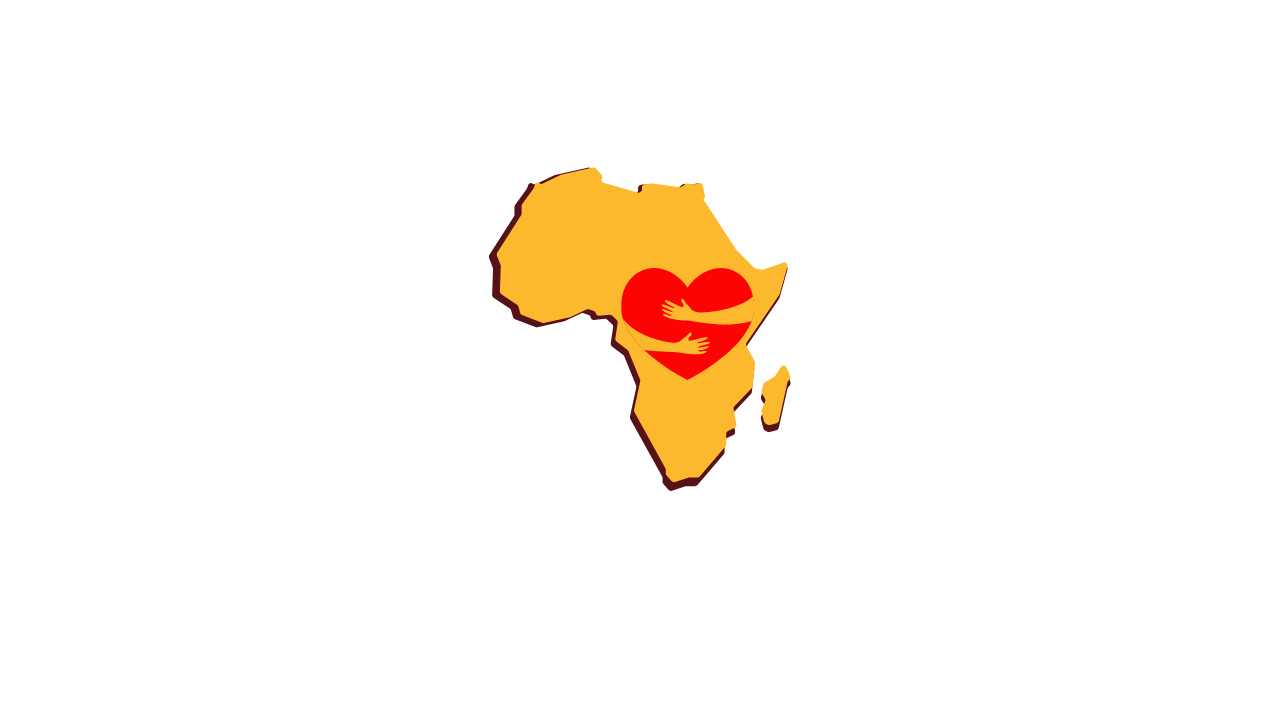
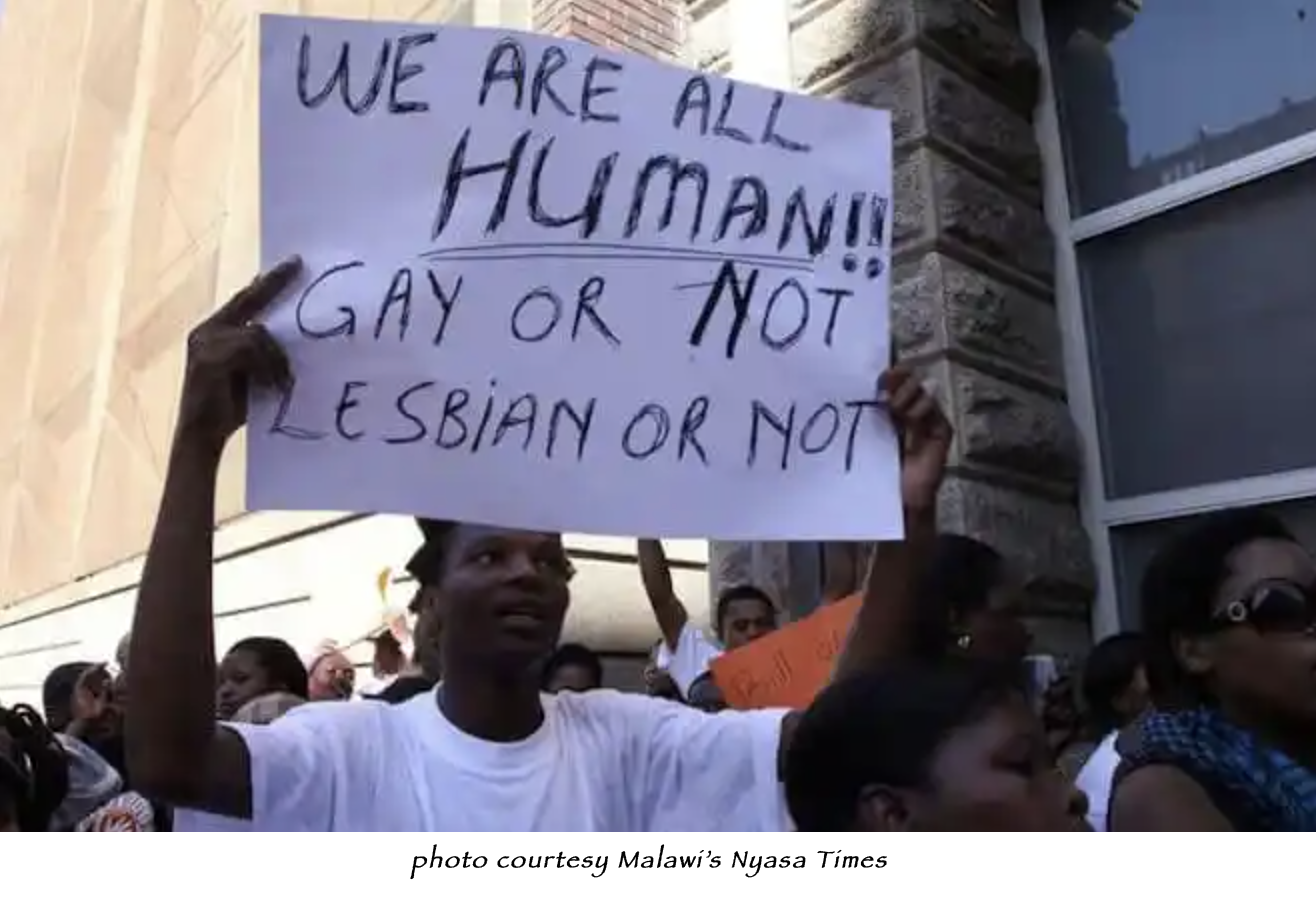
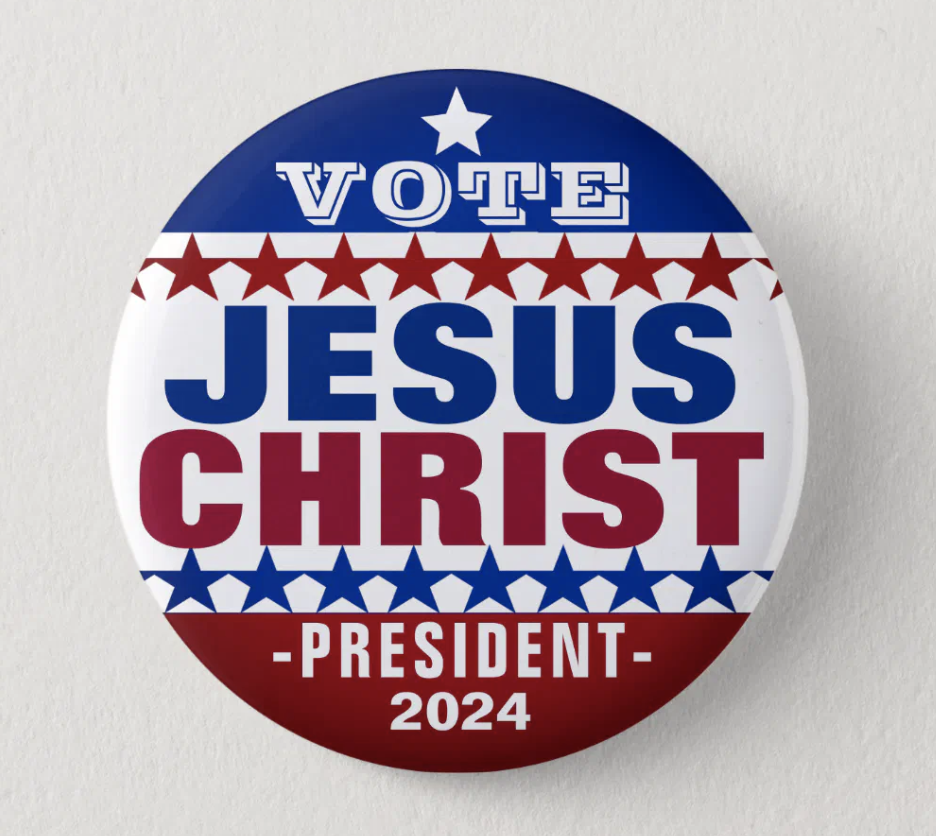
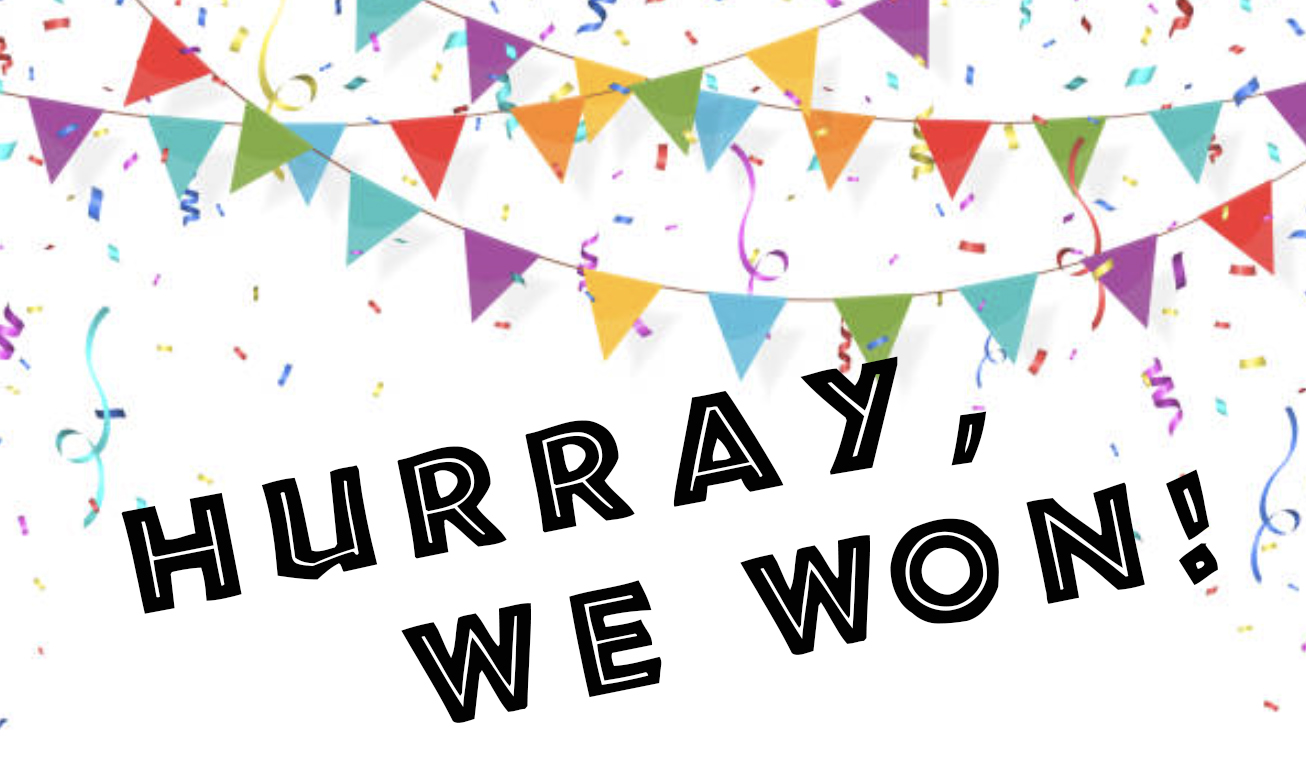
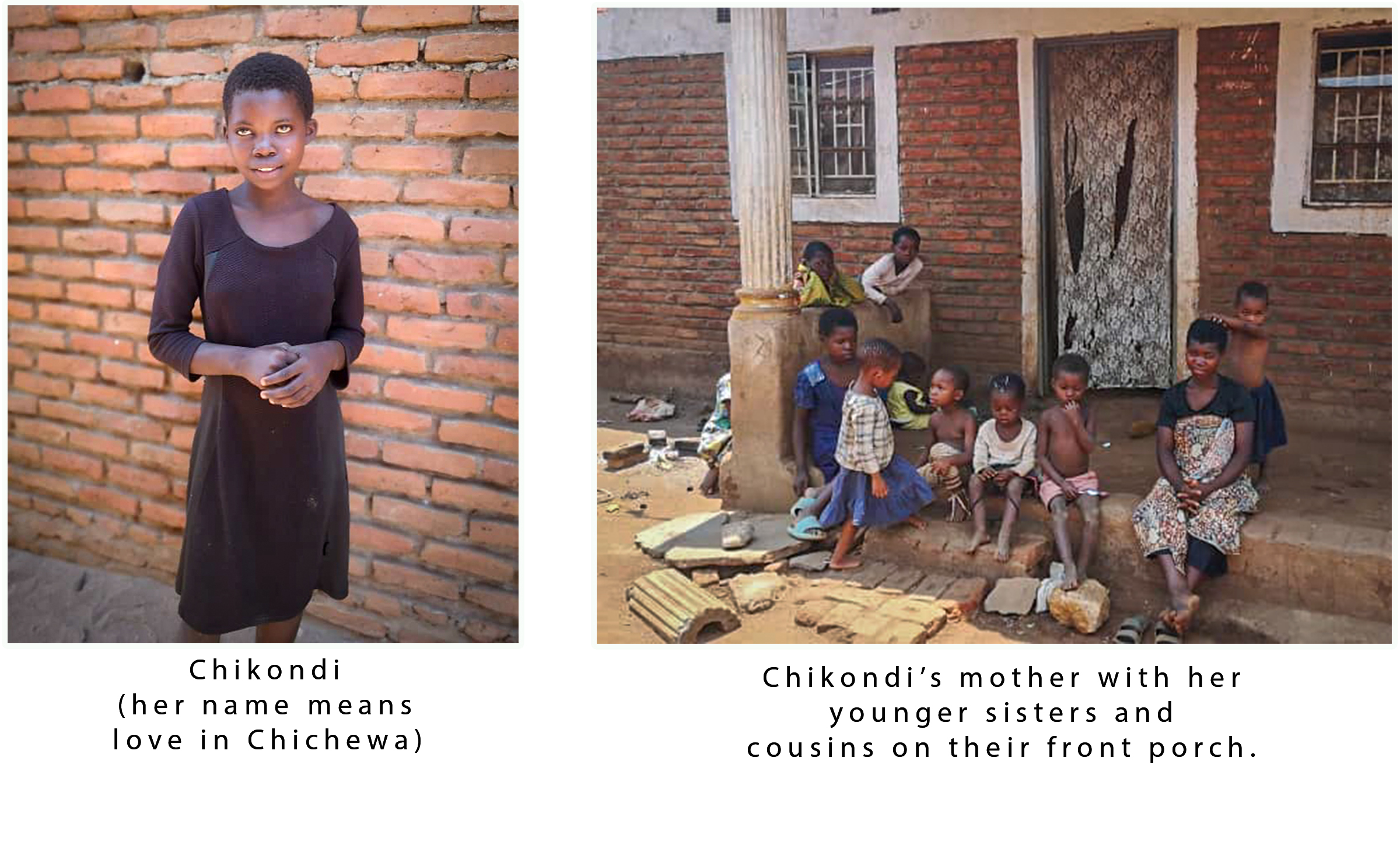
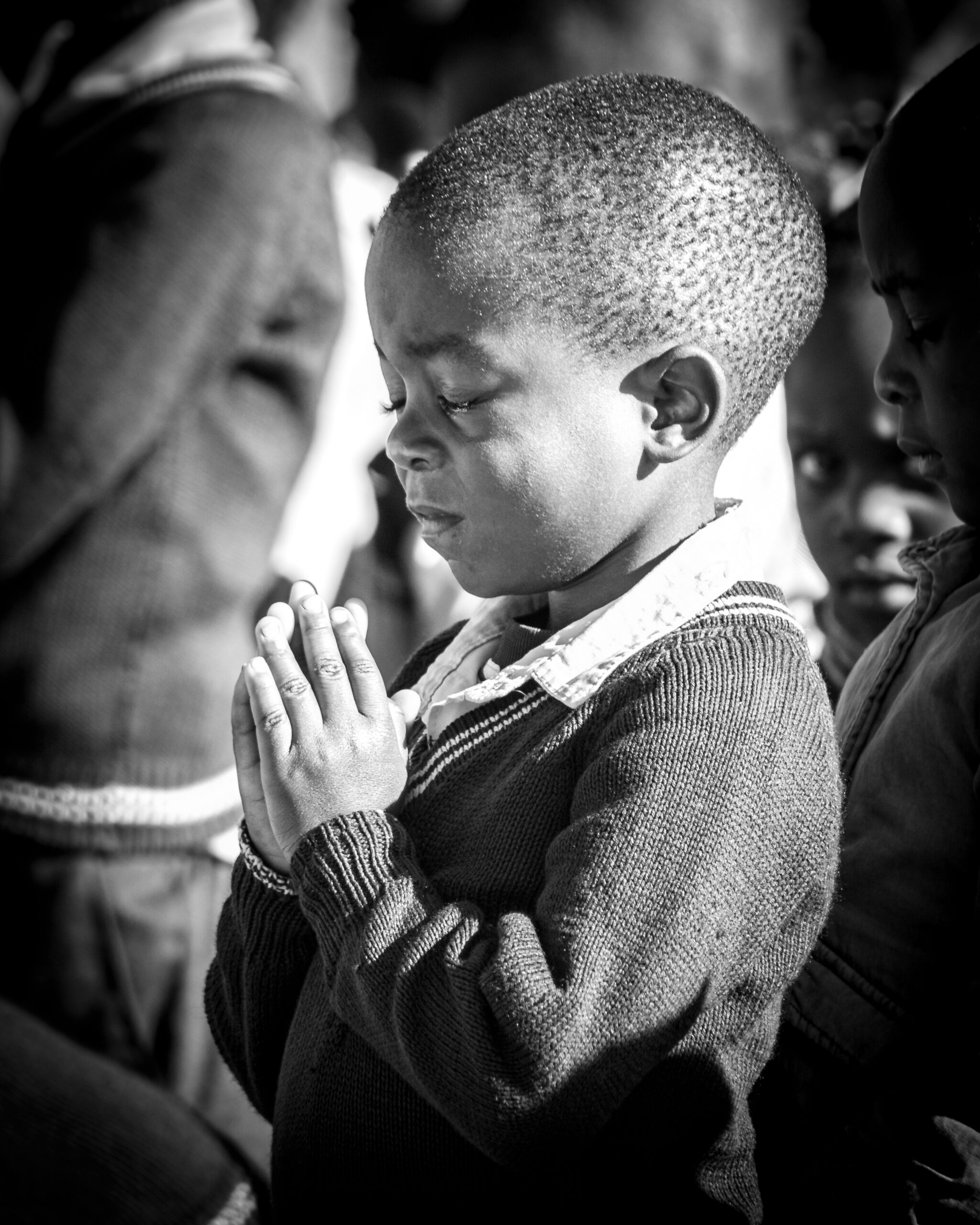
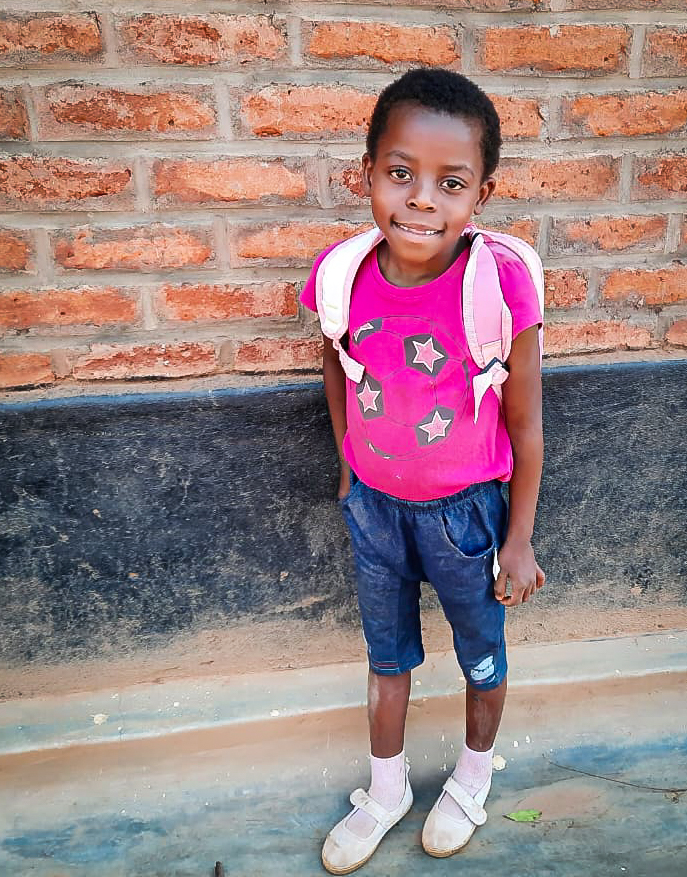
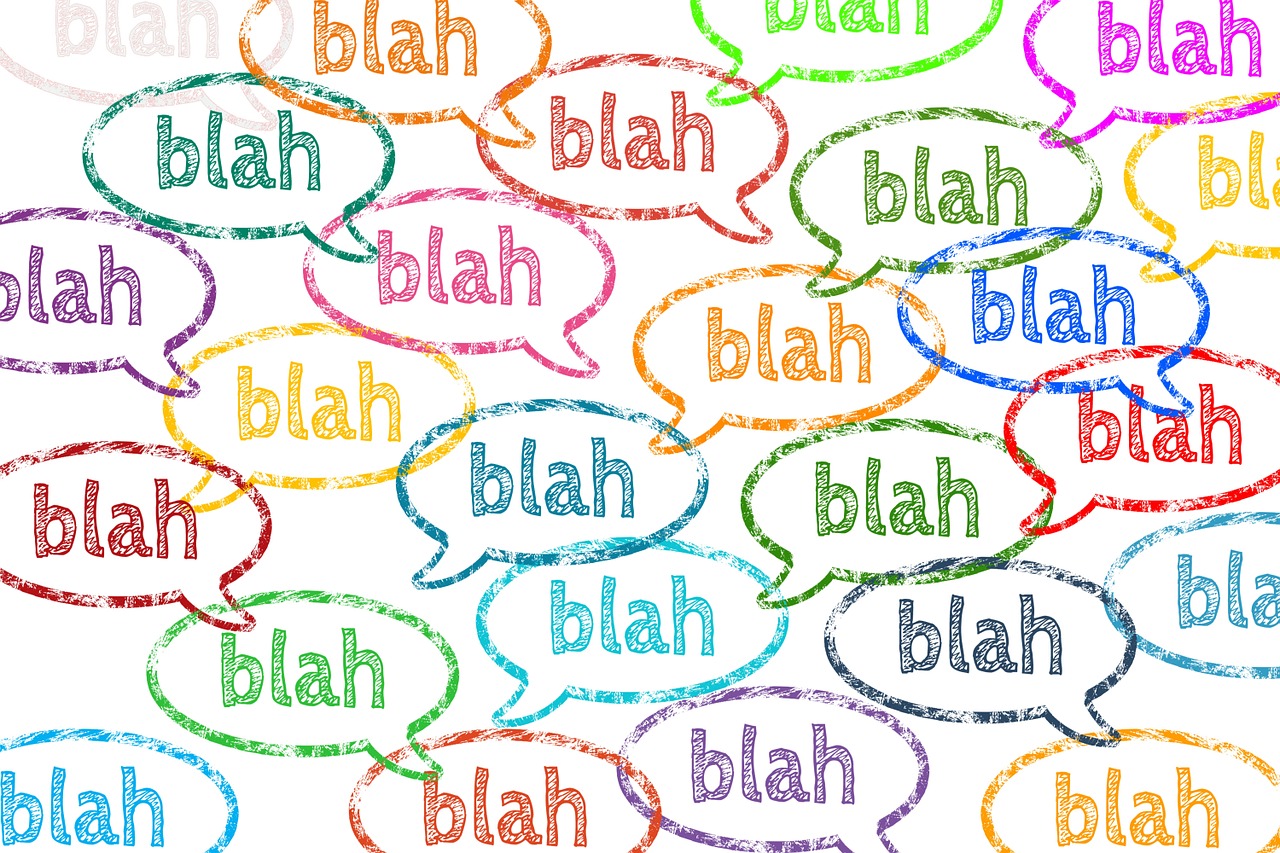


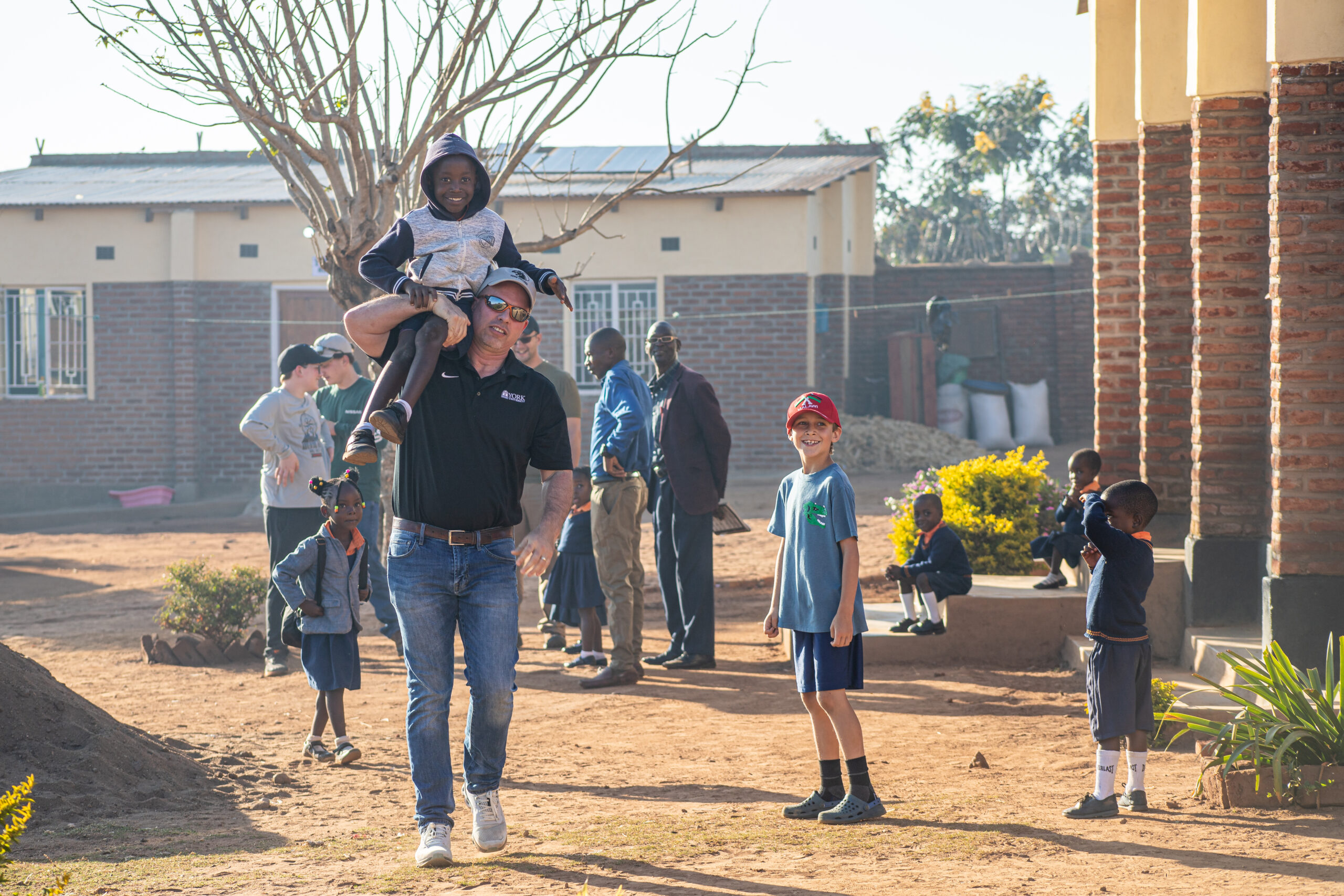
26 Responses
Amen, amen and amen Sam.
That’s a lot of amens! Thank you for the feedback.
Great article.
Thank you!
Beautifuly said, Samantha.
Thank you so much!
All your articles are written so well . I believe God guides your words. I know your heart and how much you love kids and want them to make the right choices. You and John are such wonderful examples.
Thank you, Terry! Your comment is super timely. We love you!
Samantha you made some points that I never considered! Thank you for your beautiful writing and amazing strength to speak up when others need help and guidance !
Thank you, Holli! I appreciate your thoughtful response. Your whole family is amazing, and we’re blessed beyond measure to know you guys.
A loving and honest look at the pressures young people are facing. I love that you are able to do that without alienating anyone.
Thank you, Raychel! I’m happy you see it that way. You are a bright spot in a dark world, and I love you!
Thank you Samantha. God has blessed you with an ability to speak truth in love. I am thankful you and John are teaching those around you that God doesn’t make mistakes. Every human being is made in the image of God. He knew what he was doing when he made each one of us male or female.
Thank you, my anonymous friend! Your kind words are much appreciated.
Needed words, Samantha. Thank you for speaking truth into the social contagion aspect of these timely issues and for informing us on the pressures being faced by those in other parts of the world.
Thank you for caring, Mark! You’re a rare breed these days. I appreciate your taking time to comment.
Romans 1:32 shows us this approval for disordered sexuality leads to death-whether heterosexual or same-sex. Your love for all people to have life is visible from the children in Malawi to those you minister to and lead to Christ. Satan kills, steals and destroys and always operates under lies – thank you for exposing this.
Thank you, Liz! We are living in a world of lies for sure, but God is faithful.
I do think many teenagers are very confused about this, as if it wasn’t hard enough…sometimes I think they are just lonely and when you are a teenager it’s so much easier to talk to someone of the same sex. No one wants to be lonely. Great article!
Wow! That is so true about relating easier to the same sex. I hadn’t thought of it that way. Thank you, Dusty!
So many words of truth! Thank you, Samantha! I know many people dealing with and succombing to these pressures in our current culture. Most are searching for significance above all else. I hope they realize that their significance can be found in God, not in their sexual or gender identity. May we help them to see their God-given significance and turn to Him to help write their stories.
I love this perspective! Thank you, Christy.
Great article! This world is so confused and Satan sitting back laughing!
Indeed he is. Thank you, Chrissy!
So much truth here, communicated in a loving way.
Thank you, Benay!